The China Passenger Car Association (CPCA) on Wednesday urged the EU to objectively view the development of China's electric vehicle (EV) industry, rather than arbitrarily use unilateral economic and trade tools to hinder the development Chinese EV products in Europe.
The remarks come after the European Commission (EC) launched an investigation on September 13 into whether to impose punitive tariffs to protect European Union producers against Chinese (EV) imports it says are benefiting from state subsidies.
In a statement issued on its official WeChat account, the CPCA said it firmly opposes the remarks made by the EC on China’s EV industry. It emphasized that the success of China’ EV industry is not a result of state subsidies but a result of market competitiveness.
The CPCA said that by the end of 2022, China's new-energy vehicle (NEV) subsidies have been completely phased out. Furthermore, in order to ensure fair competition, the government had required local governments to stop providing subsidies for NEVs as early as the end of 2018, aiming to better regulate market dynamics.
It is inevitable that some people may feel “uncomfortable” when they see China's growing strength in the NEV industry, CPCA said.
In 2022, the European market accounted for nearly half of China's total NEV exports, data from the CPCA showed.
The EU should objectively view the development of China's EV industry, rather than arbitrarily exploit unilateral economic and trade tools to hinder or increase the operating costs of Chinese EV products in Europe, the CPCA said.
China's Ministry of Commerce (MOFCOM) on September 14 also expressed serious concern and strong opposition to the EU's investigation into Chinese (EV) makers over subsidies, calling the EU's behavior "blatant protectionism."
The investigative measures planned by the EU are actually aimed at protecting its own industry in the name of "fair competition." It is an act of blatant protectionism that will seriously disrupt and distort the global automotive supply chain, and have a negative impact on China-EU economic and trade ties, the MOFCOM said in a statement.
It added that China will pay close attention to the EU's protectionist tendencies and follow-up actions with an aim to firmly safeguard the legitimate rights and interests of Chinese firms.









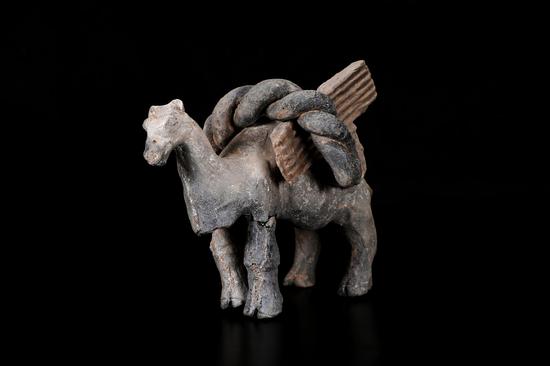




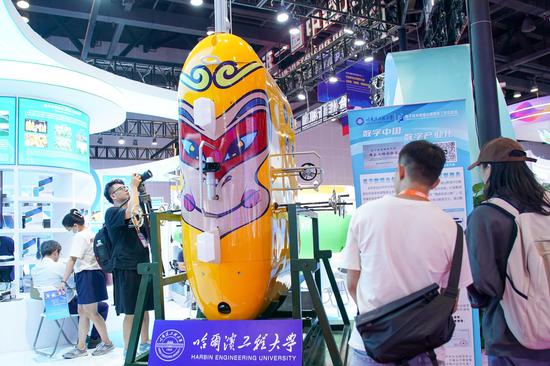














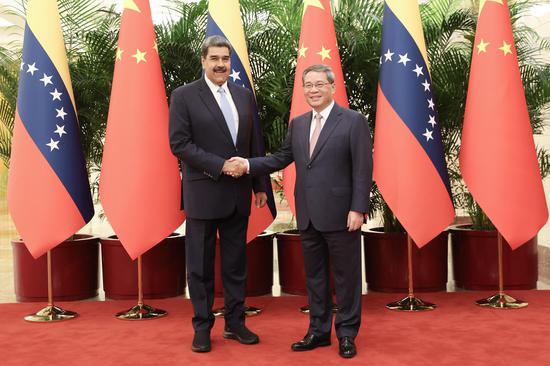
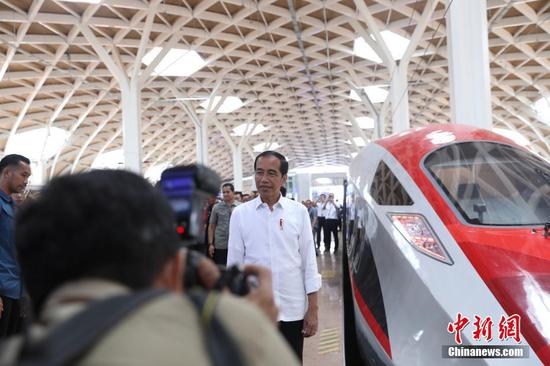
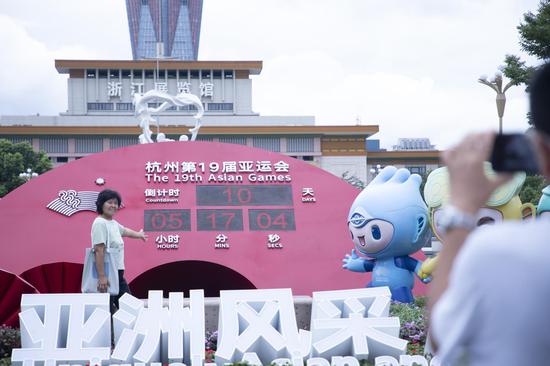
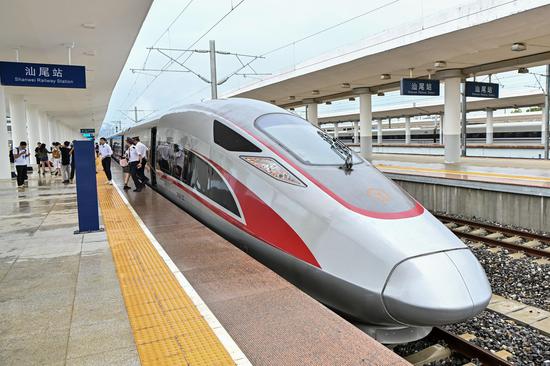




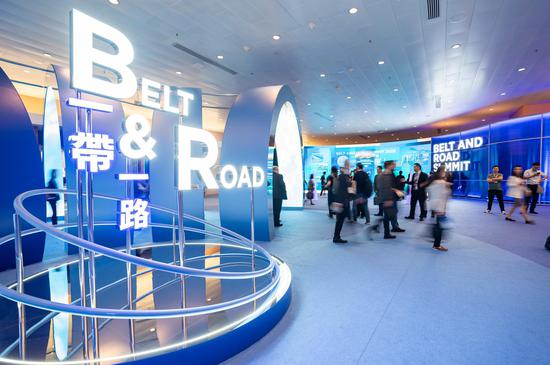
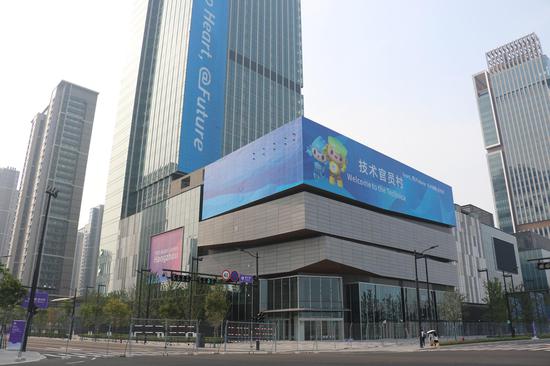






 京公网安备 11010202009201号
京公网安备 11010202009201号